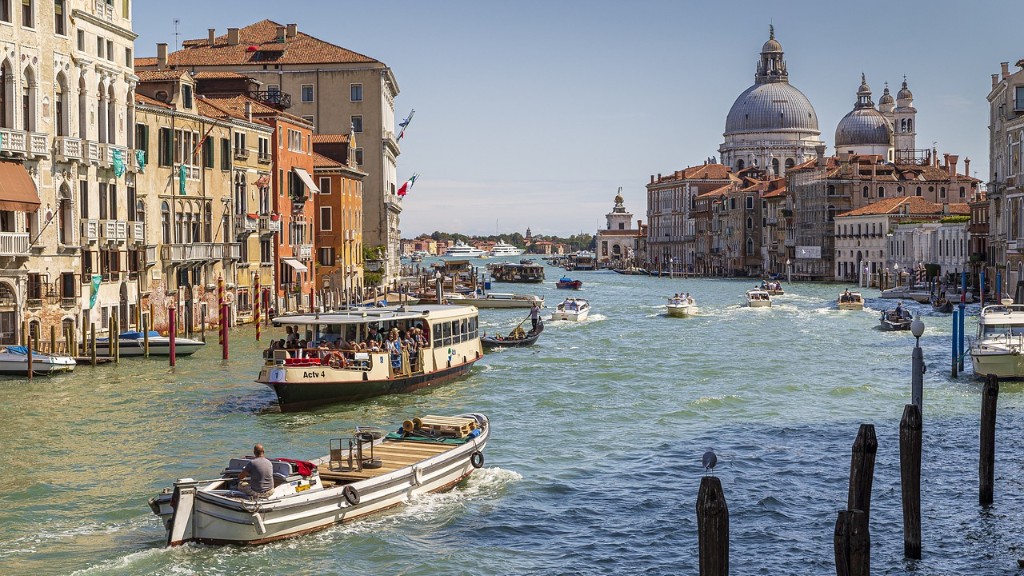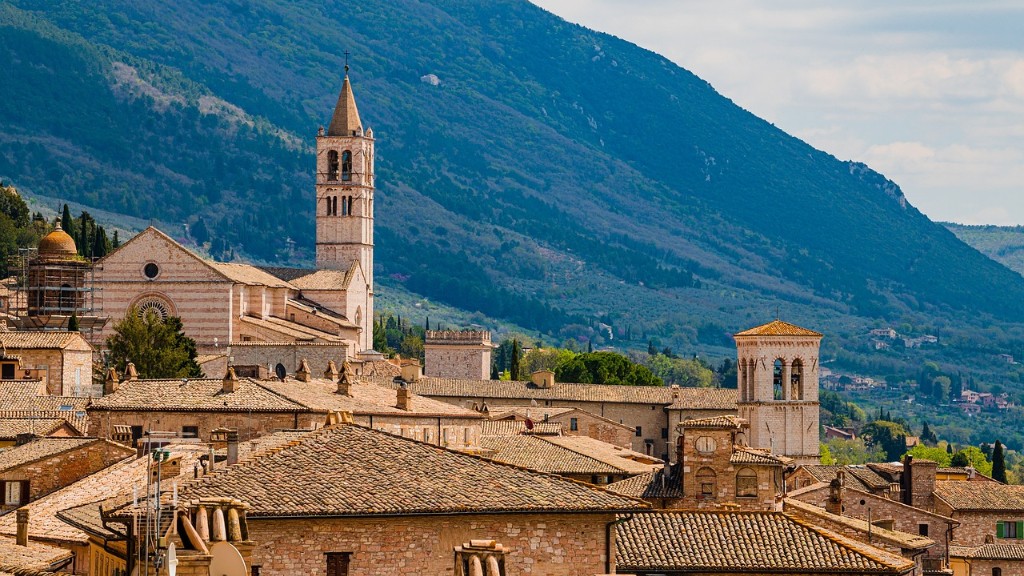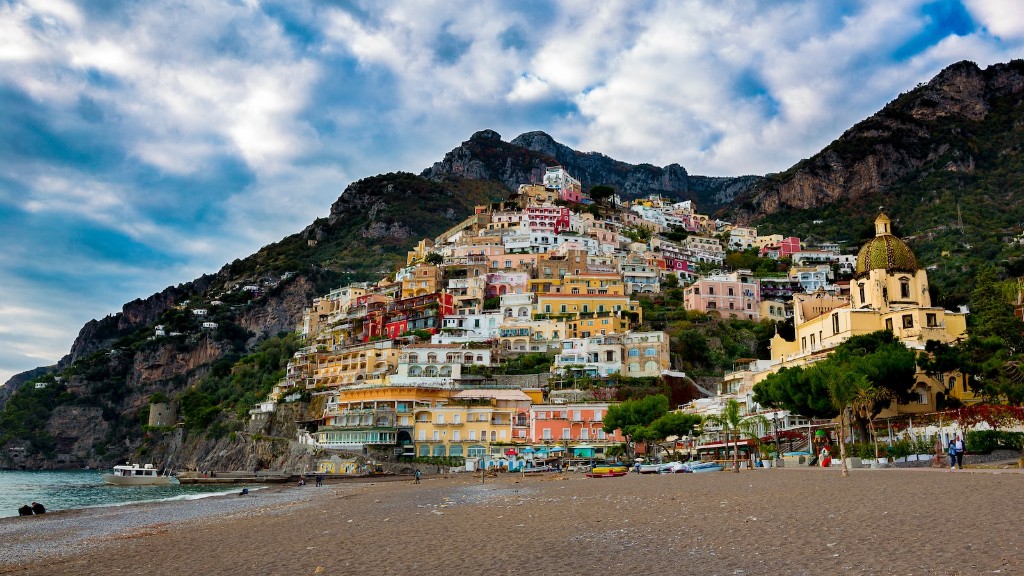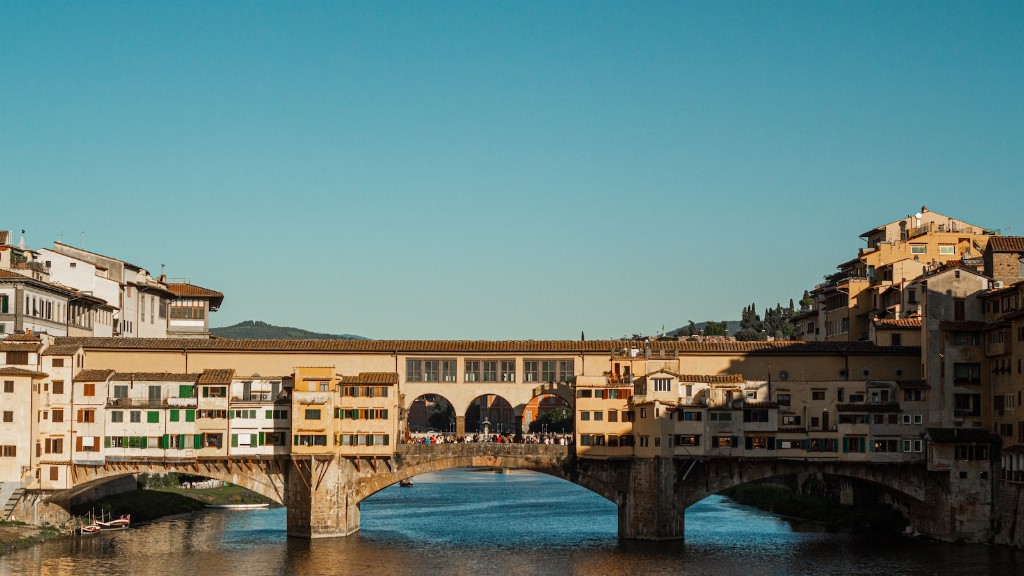What Year Did Martin Luther Travel to Rome?
Background Information:
Martin Luther was a prominent figure in the Protestant Reformation and is known for his criticism of the Catholic Church in the 16th century. Luther’s trip to Rome is a significant event in his life, as it played a role in shaping his views on the Catholic Church and ultimately led to his break from it.
Relevant Data:
It is widely believed that Martin Luther traveled to Rome in the year 1510. At that time, he was a devout Catholic and a monk. His journey to Rome was part of a pilgrimage, which was a common practice among Christians during that era. Rome was considered the holy city of Catholic Christianity, and believers often made the journey to strengthen their faith and seek spiritual blessings.
Perspectives from Experts:
According to Dr. Elizabeth Eisenstein, a renowned historian, Luther’s visit to Rome was an eye-opening experience for him. In her book, “The Printing Press as an Agent of Change,” she explains that Luther was deeply troubled by the corruption and indulgences he witnessed during his time in the city. This disillusionment with the Catholic Church and its practices became a catalyst for his later theological and reformist writings.
Insights and Analysis:
Luther’s trip to Rome had a profound impact on him personally and the course of history. Witnessing the excesses and moral decay within the Catholic Church led him to question its teachings and practices. This questioning ultimately led to the development of his revolutionary ideas, such as the belief in salvation through faith alone rather than through indulgences or good works.
During his time in Rome, Luther also became acquainted with the ideas of humanist thinkers like Erasmus, who criticized the Church’s abuse of power. This exposure to different perspectives further influenced Luther’s growing disillusionment and desire for reform.
The Context of the Protestant Reformation
The Catholic Church of the 16th century was facing significant challenges, such as widespread corruption, the sale of indulgences, and excessive wealth among its clergy. These issues, combined with the emergence of the printing press and the spread of humanist ideas, set the stage for the Protestant Reformation.
The Impact of Luther’s 95 Theses
In 1517, Luther famously wrote his 95 Theses, a list of propositions criticizing various practices of the Catholic Church. He posted them on the door of the Castle Church in Wittenberg, Germany, and this act is often seen as the spark that ignited the Reformation. Luther’s trip to Rome undoubtedly played a role in shaping his views and ideas, leading to the bold step of publicly challenging the Church.
Legacy of Martin Luther
Martin Luther’s actions and teachings had a profound impact on Christianity and the world at large. The Reformation he initiated led to the establishment of Protestant denominations, such as Lutheranism and Calvinism. It also challenged the authority of the Catholic Church and paved the way for religious freedom and the democratization of Christianity.
Luther’s emphasis on the Bible as the ultimate authority and the importance of individual interpretation also contributed to the development of modern concepts like personal liberty and the separation of church and state.
Influence on Western Civilization
The Protestant Reformation sparked not only religious but also social and political changes. It encouraged critical thinking, the questioning of authority, and a desire for social justice. The ideas of Luther and other reformers laid the foundation for the Enlightenment, which would later shape Western civilization and its values.
The impact of Luther’s trip to Rome cannot be overstated. It was a transformative experience that shaped his worldview, leading to the events that would change the course of Christianity forever. The journey that Luther undertook in 1510 was not only a physical pilgrimage but also a spiritual one, ultimately leading to a reformation that continues to shape religious and societal landscapes to this day.




